Draft Public Safety Law published for discussion
The draft law “On Public Safety” developed by the Ministry of the Interior has been published on the portal for discussing draft-normative legal acts.
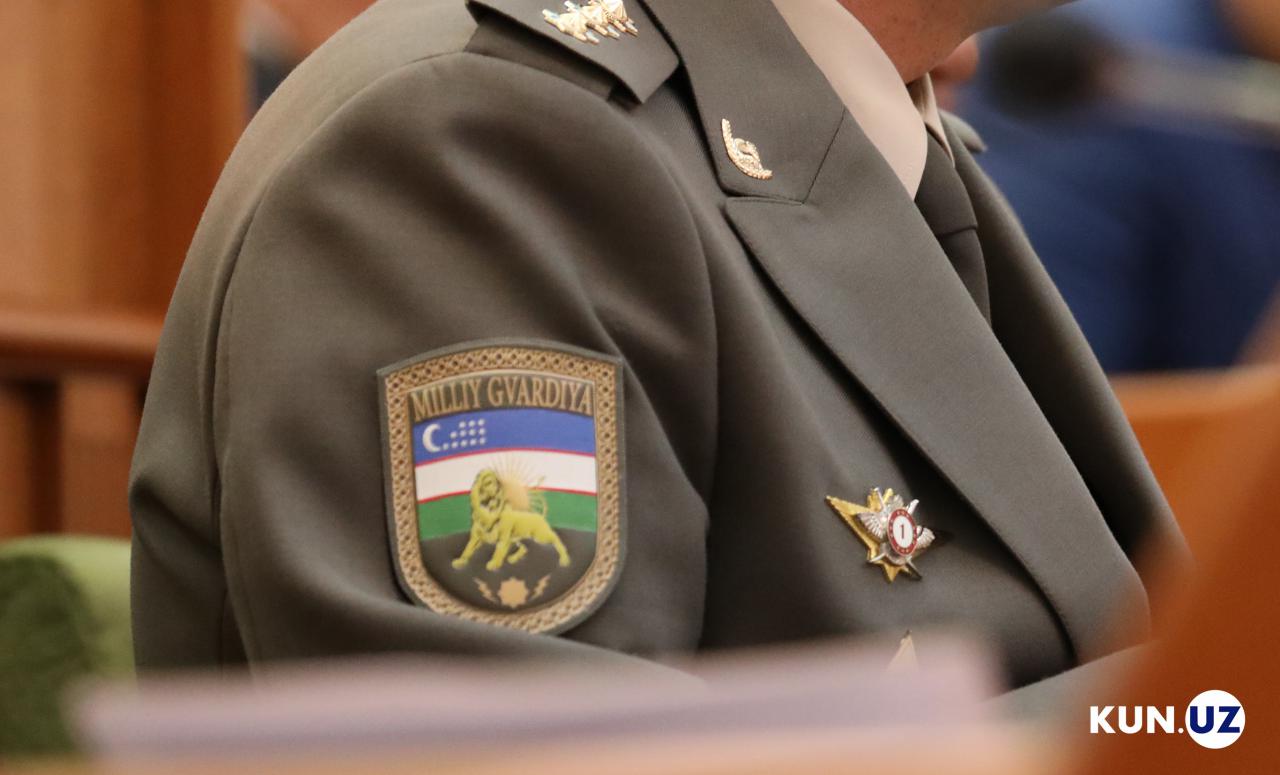
Photo: KUN.UZ
According to the document, public safety is a state when objects of public safety are protected from possible dangers and threats that can harm them.
It includes ensuring the rights, freedoms and legitimate interests of citizens, personal security and protection of property in public places.
Public places are: areas, premises, buildings and their parts that are accessible for unhindered visit of any person, or designed to meet the various needs of citizens, as well as transport communications.
Public places include:
- permanent public places - places characterized by a permanent presence or the possibility of a permanent presence of citizens on their territory, with an undefined operation mode and possibly the presence of residential object.
Permanent public places include highways, streets, housings, territories of mahallas, neighborhoods, airport buildings, railway, road and water stations, etc.
- temporary public places - places characterized by the temporary presence or the possibility of temporary stay of citizens on their territory, and the absence of objects of permanent residence of citizens.
Temporary public places include squares, recreation parks, shopping and entertainment complexes and centers, hypermarkets, supermarkets, markets and other crowded places.
- one-time public places - objects of mass events, including ceremonial ones, and religious rites.
“Citizens’ self-government bodies, public associations, enterprises, institutions and organizations, regardless of the form of organization and ownership, as well as officials and citizens should provide necessary assistance to bodies that directly ensure public safety,” the document says.
The system of bodies ensuring public safety includes:
- internal affairs bodies;
- the National Guard bodies;
- bodies of the Ministry of Emergency Situations;
- bodies of the State Security Service;
- bodies of the Presidential State Security Service;
- prosecutor’s offices;
- legal authorities;
- bodies of state administration of education and educational institutions;
- bodies governing the state healthcare system and healthcare institutions.
The draft document published the rights and obligations of citizens related to the public safety.
Citizens have the right to:
- take part in the investigation of the causes of offenses in public places, that caused harm to their health or property or in any other way violated their rights and legitimate interests;
- take part in the control over the implementation of public safety legislations;
- submit proposals to the relevant authorities for ensuring public safety;
- receive information on public safety;
- create voluntary squads for the protection of public safety, agreeing with one another, as well as notifying the territorial internal affairs bodies;
- take part in protecting public order and ensuring public safety strictly in accordance with the law.
In addition, citizens are required to:
- immediately inform law enforcement authorities about offenses, threats to public safety, facts of violation of public order;
- assist law enforcement agencies in ensuring public order and public safety through identifying the causes of offenses in public places and the conditions that lead to them;
- comply with the requirements of authorized officials that ensure public safety;
- provide access to their territories, residential places and other premises for law enforcement officials while they are performing their official duties
Citizens can use their right to participate in the protection of public order and public safety in the following forms:
- individual participation;
- as an assistant for (senior) inspectors for public order maintenance;
- as a member of Fidokor Yoshlar public patrol groups;
- as a member of detachments (teams, groups) that assist law enforcement agencies;
- as a member of voluntary squads (squads, teams, groups) to protect public order.
The document says that young citizens may participate in the protection of public order and ensuring public safety in public places in the relevant territory through membership in the public patrol groups “Fidokor Yoshlar”. They are part of the public safety system of the mahallas and operate under the supervision of a prevention inspector.
Law enforcement agencies can involve citizens with their consent in activities to protect the life, health, honor and dignity of the person, property, interests of society and the state, as well as increase the legal awareness of the population.
A citizen, who takes an active part and achieved distinction in the protection of public order, by decision of the Chairman of the Council Ministers of Karakalpakstan, khokims of regions and the city of Tashkent, will be awarded with the medal “Faol Fuqaro” for special merits.
To note, the draft document is still at the stage of public discussion, so it may be rejected or changed.
Recommended
List of streets and intersections being repaired in Tashkent published
SOCIETY | 19:12 / 16.05.2024
Uzbekistan's flag flies high on Oceania's tallest volcano
SOCIETY | 17:54 / 15.05.2024
New tariffs to be introduced in Tashkent public transport
SOCIETY | 14:55 / 05.05.2023
Onix and Tracker cars withdrawn from sale
BUSINESS | 10:20 / 05.05.2023
Latest news
-
The Maldives – The Perfect Choice for a Halal-Friendly Holiday
SOCIETY | 19:00 / 25.07.2025
-
Extreme heat could slash Central Asia’s GDP and overwhelm public services
SOCIETY | 12:10
-
Tashkent to launch 100 MW energy storage project with China Energy International Group
SOCIETY | 11:52
-
Central Bank survey: People prefer mid-value notes and rarely use UZS 200,000 bills
SOCIETY | 10:34
Related News
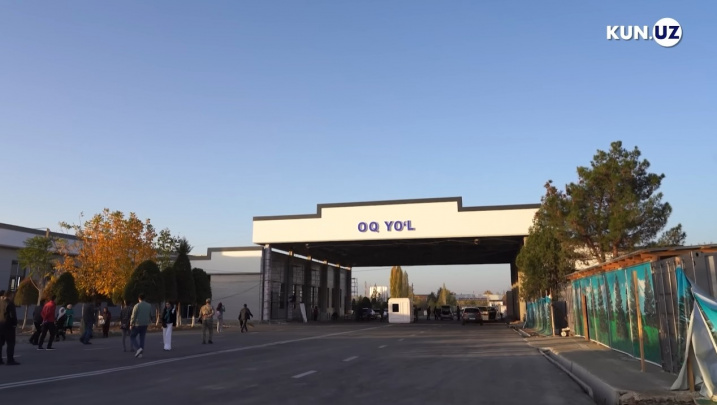
14:47 / 23.07.2025
Authorities consider new rule for taking cars abroad after Kun.uz investigations
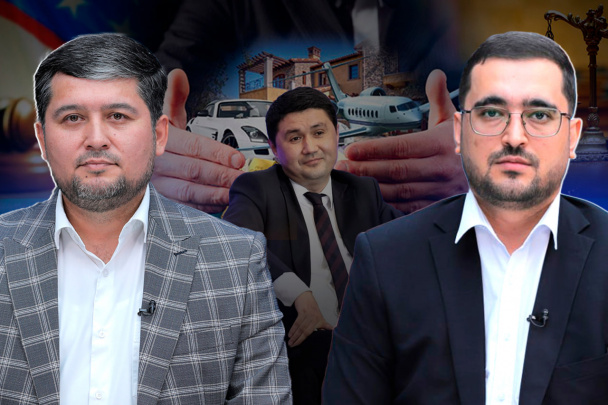
12:29 / 14.07.2025
Income declaration law stalls again: Why Uzbekistan keeps postponing it
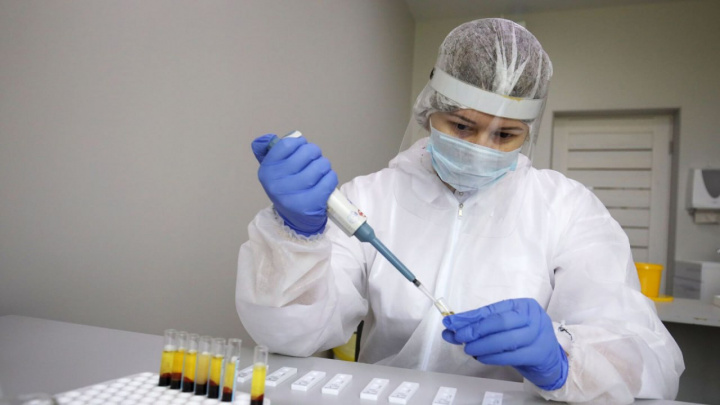
17:02 / 08.07.2025
Parliament passes law on mandatory HIV testing for returning citizens and foreign workers
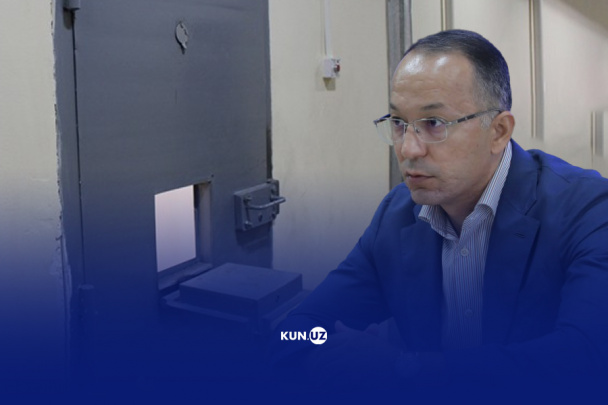
15:03 / 14.06.2025



